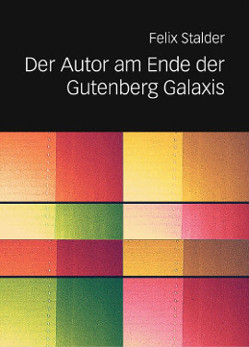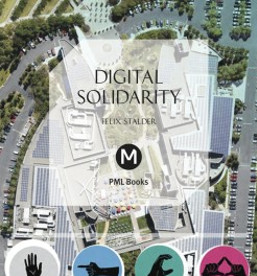Last week, I spent a few days at a small but intense workshop where we were looking at a the political dimensions of various forms of commons. The discussions were open and far ranging. I tried to distill some of these into a definition of commons that tries to take its various dimensions into considerations and separates structural from political issues. Far from perfect....
COMMONS, A DEFINITION
A commons is a resource held as joint property by a community. Thus, it is distinct from private property (held by natural or legal persons) or public property (held by the state). Typical for commons is that the management of the resource is oriented towards use-value for its members, rather than towards exchange-value within society at large. The separation between producers and consumers is minimized. Thus, commons are also distinct from other forms of collective ownership (such as co-operatives) that produce for the market.
All commons are social institutions, they depend on a community to create and maintain it. A resource that is freely available to all but not managed in a meaningful way by a self-aware community (e.g., the fish in the open sea) are not a commons. Like in all communities, questions of membership (boundaries) and internal decision-making are subject to ongoing, more or less conflictual, negotiations.
It is these questions that define the political quality of the commons, which can serve as defensive mechanism against market encroachment (e.g., in the case of indigenous commons), as a project of exclusion (e.g., in far-right conceptions of the body national) or as the basis of open cooperation (e.g., in the case of Free and Open Source Software).

















